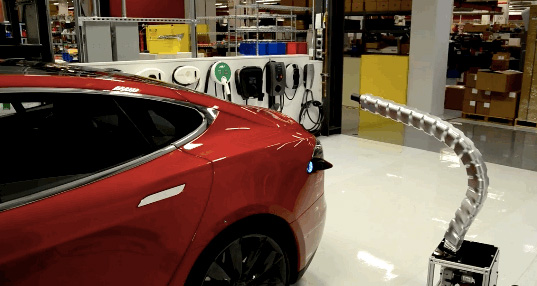It occurs to me that the problem is probably not the use of “abridged” versions of any topic in education.
When you’re in fourth grade and you learn about any given subject, be it mathematics, history, grammar… You receive a shorthand version. What are considered to be key elements have been selected. They have been presented in a format that is something that the fourth grade mind can get its head around.
As you get older and you revisit these topics, you are exposed to how little you actually know. You find out that everything goes much deeper than the initial casual brush against it you had when you were a fourth grader.
But, for some strange reason, fourth or fifth grade (in US education terms) seems to be where many people’s knowledge sticks. Those are the facts, as abbreviated as they might be, that stay with people until long into adulthood. And I would argue that these early simplified forms are important. In fact, they are very important. They provide a beginning and an ending to a complex topic, they package it into something that most kids can learn in the space a school year.Â

Every teacher has had a student who once they figure out 1+1 = 2 they want to know what happens when you try to -2 from one. And, while that may be beyond the boundaries of the current lesson, because the lesson is directed at conveying the basic fact that 1+1 = 2, negative numbers at this point become a distraction. But just because they are not part of the *current* lesson doesn’t mean they have ceased to exist. They don’t go away because you’re not exposed to them in the early stages of your education.
The same can be argued of history, of politics. The versions of history that you’ve learned in fourth grade are sanitized. They are merely a high concept that is designed to be as accessible to as many fourth grade minds as possible. The current versions may leave a lot to be desired, but it’s not the abridgement itself that’s the problem. It’s the lens through which those edits were made.
That deeper breadth of content is out there. The facts don’t cease to exist because your fourth grade textbook skipped them. That means a new lens can be applied in light of everything we know now, and a new abridgement can be designed, one that’s in better keeping with the realities of the diverse and flourishing future that everyone says they’re reaching for.
In fourth grade we were taught that Columbus sailed the ocean blue in 1492. When you take a high school class you learn that Columbus was an asshole and that history is kind only to the ones who write it. When you get to college you learn just how deep the damage went. You learn, if you choose to continue pursuing the topic, that fourth grade is merely a nursery rhyme compared to the historical fact that underpins it.
I do not advocate for teaching calculus in fourth grade (without some consideration for special case students). I do not advocate for teaching the full depth and breath of history in that same year. The shorthand is important, the digestibility and easy remembrance of events on the timeline is key. But as those lessons were first originally designed to be celebrate-able in the service of a very one-sided historical identity. We now have the opportunity to create new ones, more inclusive ones. We have an opportunity to upscale the selection of facts to raise a generation with a better historical identity. A generation that can build on the mistakes and successes of the past, rather than remaining trapped in repetition.
If fourth and fifth grade are where knowledge sticks, lets make a change to better select that knowledge. We get to decide who we are. No other species on this planet has that privilege. Let’s leverage it for the next generation.




